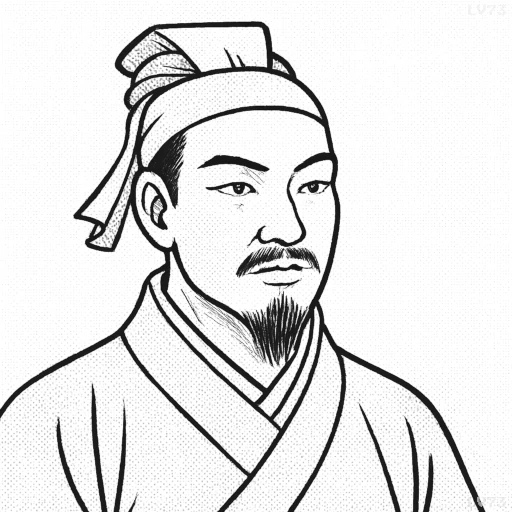“Regard your soldiers as your children, and they will follow you into the deepest valleys; look on them as your own beloved sons, and they will stand by you even unto death.”

- 544 BC-496 BC
- Born in China
- Military strategist, military strategist
table of contents
Quote
“Regard your soldiers as your children, and they will follow you into the deepest valleys; look on them as your own beloved sons, and they will stand by you even unto death.”
Explanation
In this quote, Sun Tzu underscores the importance of leadership, particularly the relationship between a commander and their soldiers. By treating soldiers with compassion, care, and a sense of personal responsibility, a leader can inspire loyalty, trust, and dedication from their men. When soldiers are treated as family, they are more likely to follow their leader into dangerous situations and face hardship without hesitation. This sense of personal connection fosters an environment where soldiers are not simply following orders out of duty, but out of deep respect and affection for their leader. The metaphor of treating soldiers as children or beloved sons reflects the leader’s duty to look after their men’s welfare and build a sense of shared purpose and mutual care.
In the context of modern leadership and business, this principle emphasizes the importance of creating a supportive work culture where employees feel valued and respected. Leaders who show empathy and commitment to their team’s well-being often see increased loyalty and employee retention. For example, companies like Google and Zappos have built cultures that prioritize employee happiness and engagement, leading to high levels of productivity and loyalty. This approach fosters an environment where employees are motivated to contribute more than just their basic skills, willing to go above and beyond for the company’s success. Likewise, military leaders who develop a personal connection with their troops, like General Patton during World War II, often inspire a dedication that can turn the tide in tough battles.
Historically, Sun Tzu’s idea aligns with the practice of charismatic leadership in military history. The relationship between Napoleon Bonaparte and his soldiers is an example: Napoleon often saw himself as the father of the French army, sharing in their hardships and victories. This deep connection fostered loyalty and helped him achieve remarkable military successes. Similarly, during World War I, General John J. Pershing gained the respect of his troops by prioritizing their welfare, which in turn helped rally the American Expeditionary Forces to stand firm in the face of adversity. In both historical and contemporary settings, the concept that a leader’s personal care and investment in their people can inspire extraordinary loyalty and performance remains a cornerstone of effective leadership.
Would you like to share your impressions or related stories about this quote in the comments section?


